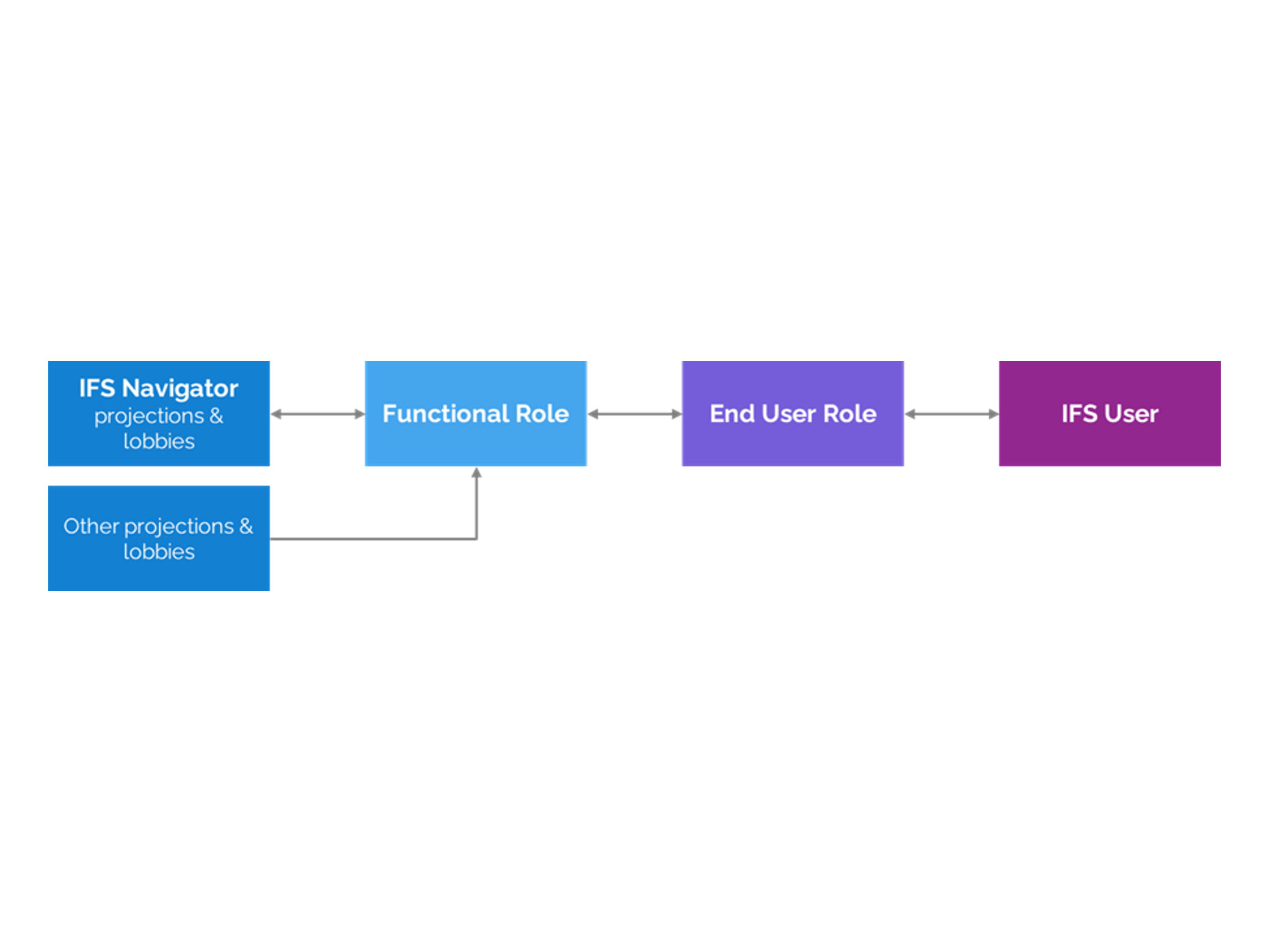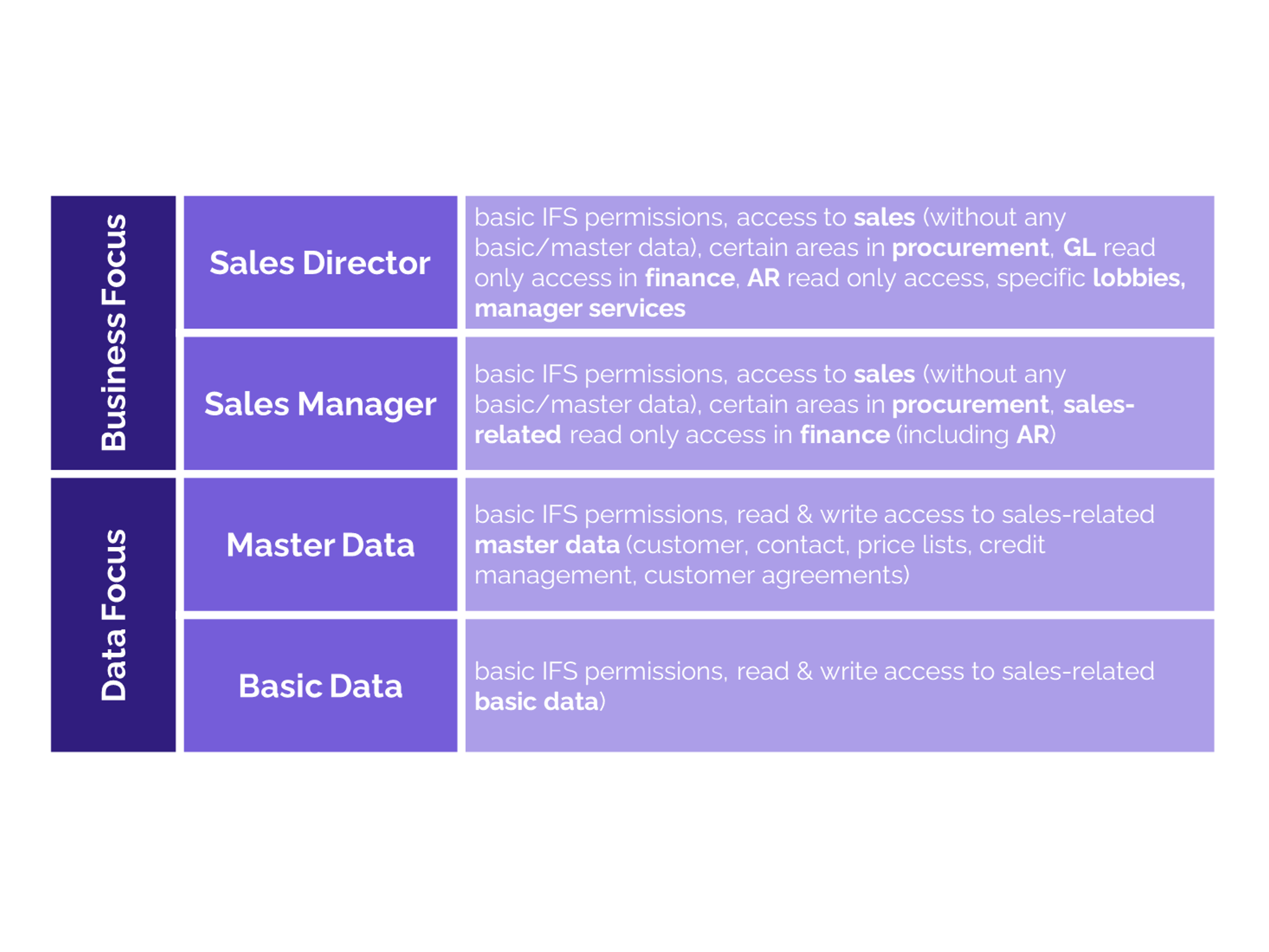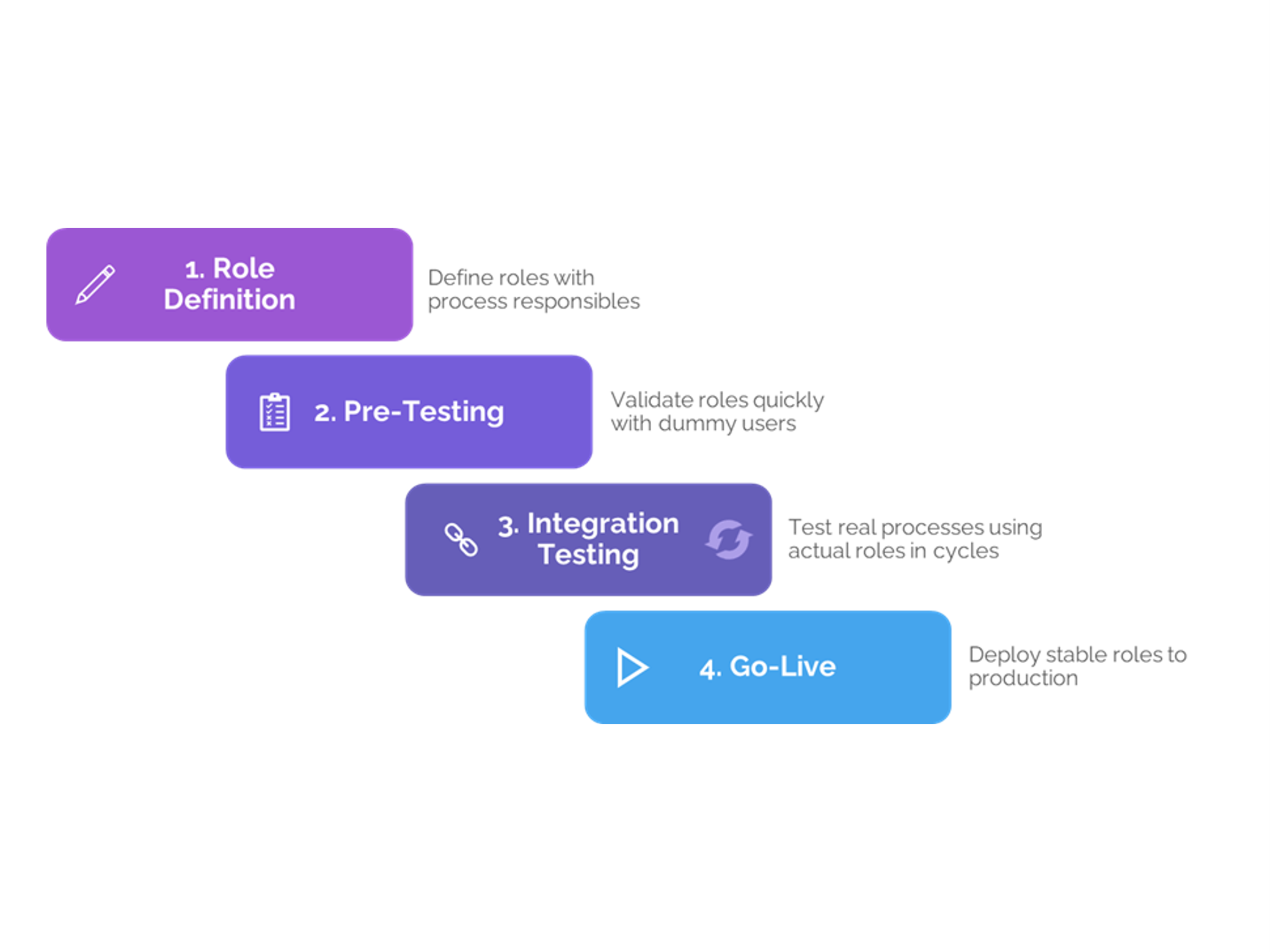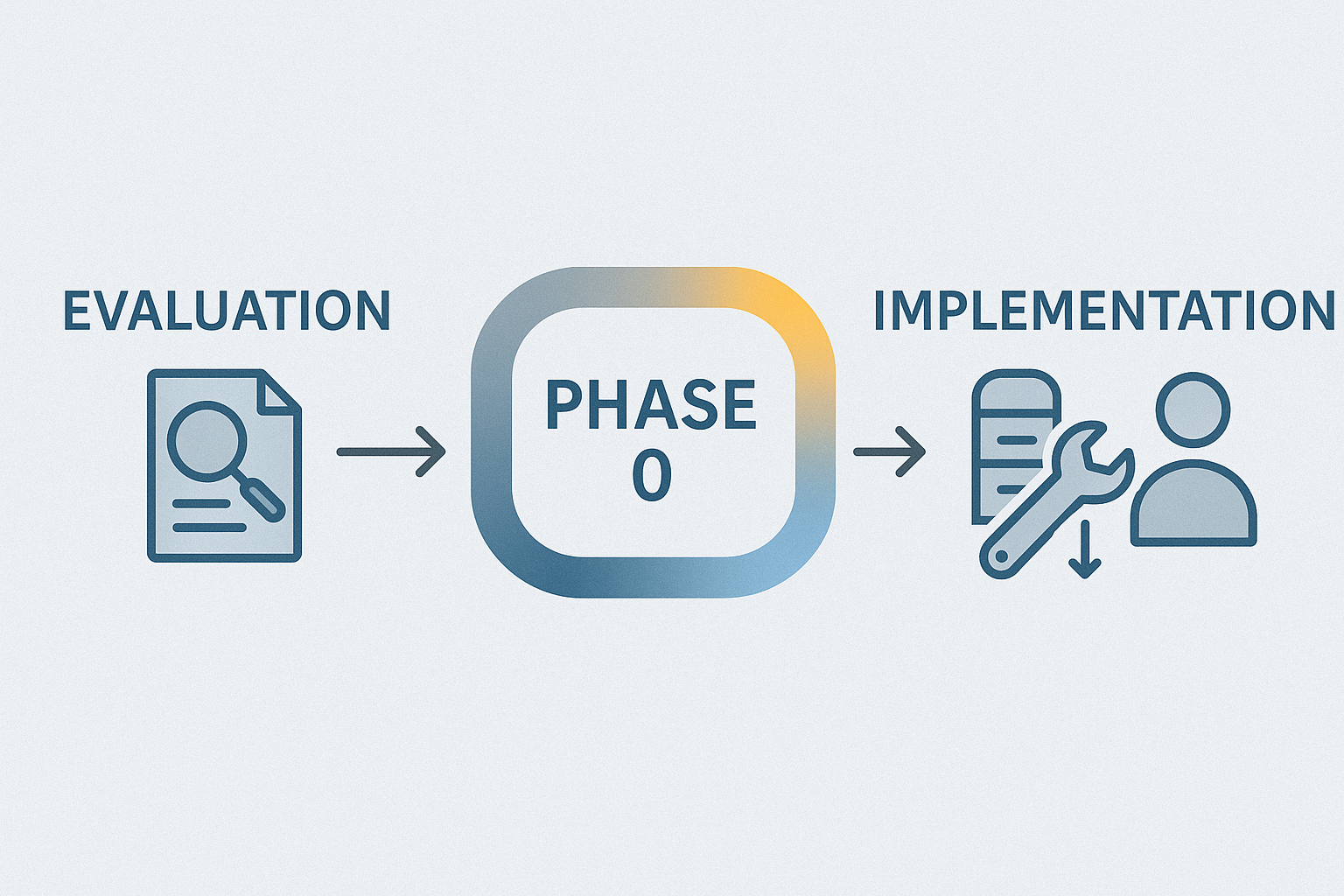Testing in ERP projects: Well tested is half won
Nobody questions that thorough testing is necessary in an ERP project. However, there is often a lack of resources and know-how both, on the customer and vendor side to perform extensive testing. Since 2BCS regularly takes on the role of test management, we share our experience and best practices with you in this article.
The primary goal of testing in ERP projects is to ensure that the system meets the expectations of the project team in terms of processes, data, performance, etc. The testing of the system is a key element of the project. At least as important is the development or strengthening of the know-how of all persons involved. These can be process owners, key users or even end users.
In testing, a distinction is usually made between different types. Besides functional tests, module tests, integration tests, interface tests, performance tests, end-user acceptance tests, there are many more. In this article, the focus is mainly on the most important non-technical tests: functional tests and integration tests.
Functional tests and integration tests
The difference can be illustrated easily using the example of Lego bricks: In functional testing, individual Lego bricks (= individual processes in the system) are tested individually and independently of each other. Alternatively, some Lego bricks can be assembled and tested as a combination (= short sequence of processes). In integration testing, on the other hand, the Lego bricks are assembled to form complex structures, e.g. a statue, in order to test this statue (which in turn consists of individual Lego bricks) as a whole (= end-to-end processes).

Preparations
To prepare for testing, it is recommended to appoint a specific person on the customer side as Testing Manager. This can be an internal project member or an external person. The Testing Manager is not responsible for testing all processes himself. Rather, he or she plans, coordinates and supports the entire testing process with the project team from A to Z.
Furthermore, the basis on which testing takes place is defined. In other words, "What are our Lego bricks that we want to test?" Often, the ERP provider brings along their [FD2] own process structure, which is well suited as a basis for testing. If this is not the case, this work must be made up. The customer can use documents from the evaluation or internal process documentation and prepare them accordingly. As soon as this basis is established, the first test cases can be defined.
Tool support
For successful testing, support from good tools is indispensable. While it is possible to define and document tests using Word and Excel documents, the advantages of dedicated testing tools greatly outweigh the disadvantages. Many companies internally use Jira as a system for issue management and project management. There are also many apps for Jira that can support testing well. We at 2BCS use our own "2BCS Test Portal" for our testing projects. It is particularly impressive in that data from the ERP evaluation can be accessed seamlessly here. This then forms a good basis for comprehensive testing. At the same time, costs can be saved since there is no need for additional time and/or technical effort to provide this data. It is mainly thanks to our years of practical experience that we are able to complement our holistic ERP testing methodology with the appropriate tool and templates. Thus, we are able to support our customers quickly and efficiently without a long training period.
Conclusion: Systematic, well-coordinated testing is essential for a successful ERP project. It is important to establish a dedicated role for test management and to approach testing with a proven methodology and procedure. A suitable tool should support the process throughout. External partners such as 2BCS can significantly improve the quality and efficiency of testing due to their experience and methodology.
About 2BCS AG
2BCS AG, based in St. Gallen and Zurich, was founded in 2006 as an independent, process-oriented consulting company in the field of digitalization. Our offer includes digitization strategies, evaluations in the ERP, CRM and MES environment as well as implementation services. More than 300 medium-sized industrial and commercial companies in Switzerland and abroad have used our services to date and, according to the "Neue Zürcher Zeitung", 2BCS is the largest and most successful independent evaluation and implementation consulting company in Switzerland. Our secret of success is competent consultants and the ability to bring in knowledge, experience and competencies in such a way that our clients benefit maximally.
Contact us





